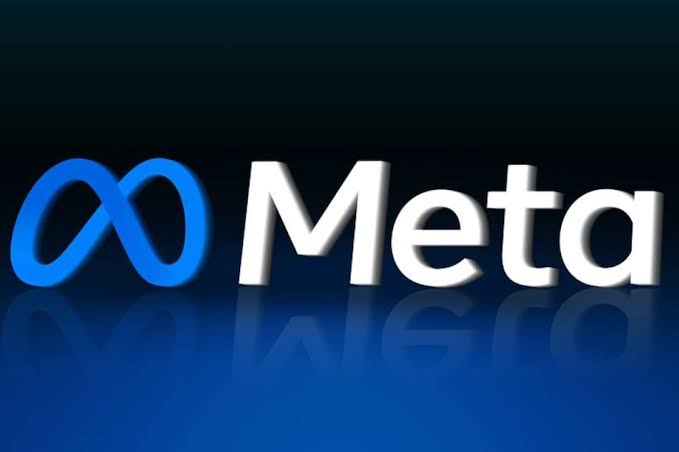Meta AI Advancements: Unveiling the Next-Gen Chip

Meta Platforms, the parent company of Facebook, is set to unveil a new iteration of its custom chip this year, as per an internal company document revealed by Reuters. This second-generation chip is designed to bolster Meta’s artificial intelligence (AI) endeavors, aiming to reduce reliance on dominant market chips from Nvidia and curb the rising costs associated with AI workloads.
The social media giant, Meta, has been aggressively enhancing its computing capacity to support power-hungry generative AI products across Facebook, Instagram, WhatsApp, and hardware like its Ray-Ban smartglasses. With substantial investments in specialized chips and data center reconfigurations, Meta aims to overcome the challenges of handling AI applications efficiently.
Complementary Chip Deployment Strategy

This new in-house chip is part of Meta’s strategy to diversify and optimize its AI infrastructure. The company plans to deploy the chip in its data centers in 2024, working in conjunction with off-the-shelf graphics processing units (GPUs) commonly used for AI applications. A Meta spokesperson emphasized the complementarity of their accelerators with commercially available GPUs, striving for an optimal balance of performance and efficiency for Meta-specific workloads.
Meta’s CEO, Mark Zuckerberg, recently outlined plans to have approximately 350,000 flagship “H100” processors from Nvidia by the year’s end. This move is expected to consolidate Meta’s compute capacity, equivalent to 600,000 H100s when combined with other suppliers. The decision to deploy their own chip marks a positive turn for Meta’s in-house AI silicon project, following the abandonment of the first iteration in 2022 in favor of purchasing Nvidia GPUs.
The new chip, internally named “Artemis,” is primarily focused on the inference process, where models leverage algorithms to make judgments and generate responses to user prompts. Despite earlier setbacks, Meta is also reportedly working on a more ambitious chip capable of both training and inference, challenging the dominance of GPUs in AI processes.
In 2023, Meta introduced the first generation of its Meta Training and Inference Accelerator (MTIA) program, positioning it as a learning opportunity. While the initial phase had its challenges, experts like Dylan Patel, founder of SemiAnalysis, anticipate that an inference chip could significantly improve the efficiency of Meta’s recommendation models compared to the energy-intensive Nvidia processors.
As the tech industry grapples with substantial investments in AI chips, Meta’s strategic move towards deploying its own chip signals a potential cost-saving opportunity in the realm of energy consumption and chip procurement, according to Patel.
Read More AI – Tech Foom








